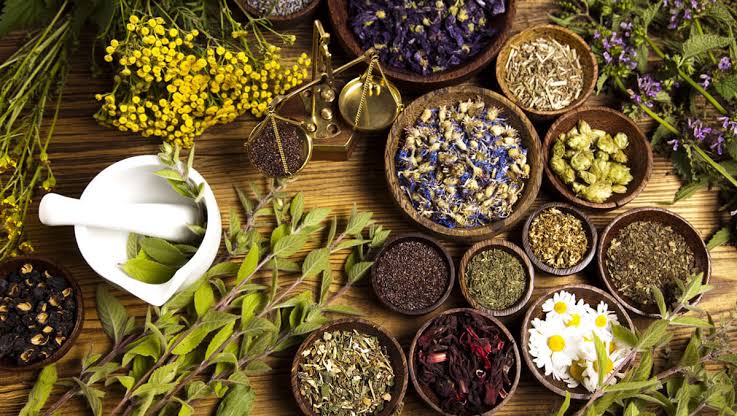The federal government has promised to invest more money, improve rules, and work with other countries to include traditional medicine in Nigeria’s healthcare system.
The Minister of State for Health and Social Welfare, Dr. Iziaq Adekunle Salako, made this promise during the 2025 African Traditional Medicine Day event held in Abuja.
He said the government is serious about making traditional medicine a trusted and important part of the country’s healthcare system.
Dr. Salako introduced two important documents: a Strategic Plan for carrying out the Traditional Medicine Policy, and a Code of Ethics and Practice for traditional medicine practitioners. He said these will guide how traditional medicine should be used safely and properly.
“Proof is what turns belief into policy,” he said. “We want to record, improve, and include traditional medicine that works into our national health system. This will help create jobs, support local businesses, and improve healthcare for everyone.”
The Minister listed several steps the government is already taking. These include creating a department for Traditional, Complementary, and Alternative Medicine (TCAM) in the Ministry of Health.
Other efforts include writing a Traditional Medicine Policy for Nigeria and publishing a Herbal Pharmacopoeia that lists over 200 useful medicinal plants and how they are used. The government has also reopened the Federal College of Complementary and Alternative Medicine (FEDCAM), which was shut down in 2010, to train practitioners.
The Minister instructed all state governments and the Federal Capital Territory (FCT) to set up their own TCAM departments or boards, following the decisions made at the 62nd National Council on Health.
He also encouraged states to build stronger partnerships with international organizations like the World Health Organization (WHO), the West African Health Organization (WAHO), and countries like China and India for help with research and technical support.


